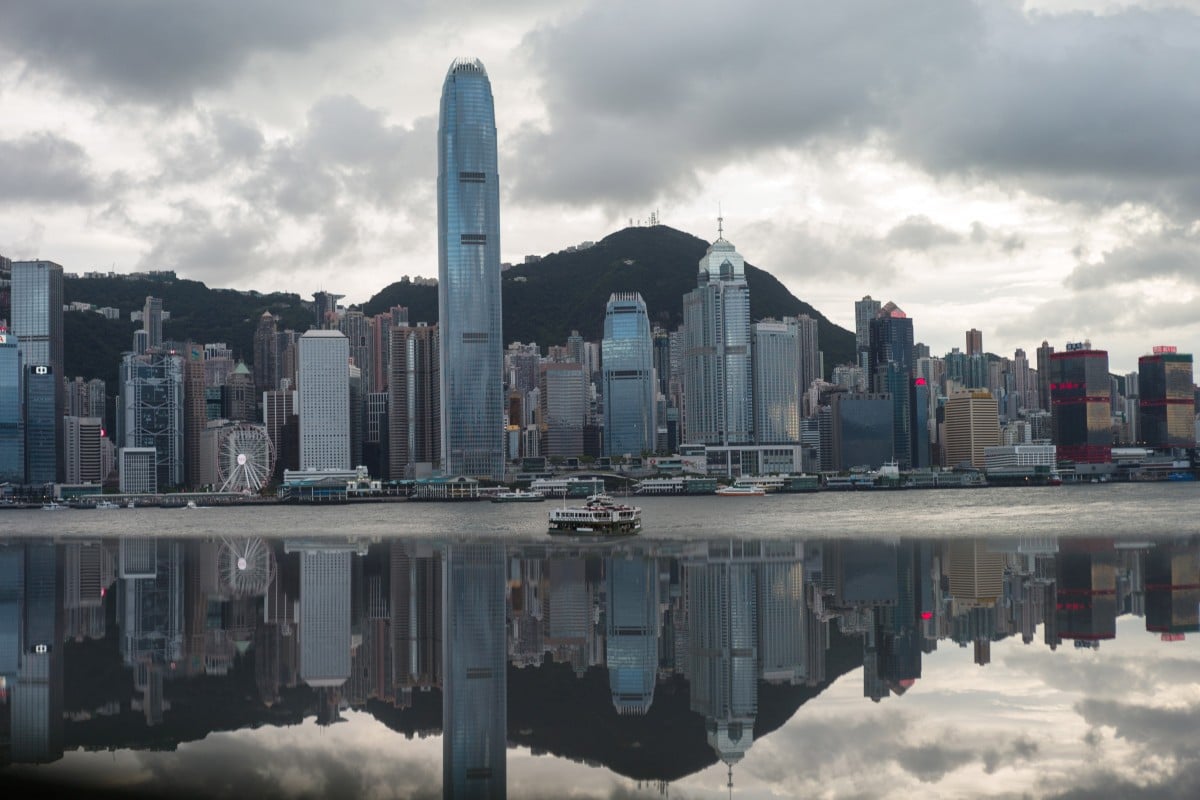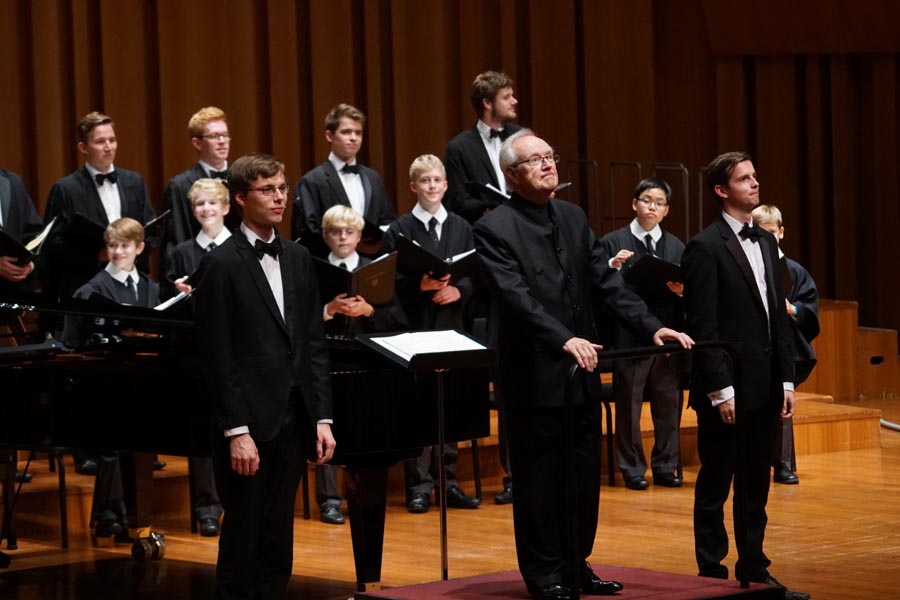Source: NYT (1/21/19)
Chinese Girl Finds a Way Out of Tedious Homework: Make a Robot Do It
By Daniel Victor and Tiffany May

Upgrading a handwriting robot’s software at an exhibition in Guiyang, China. A student made the news in China for putting a similar machine to inventive use.CreditLam Yik Fei for The New York Times
HONG KONG — Some would say she cheated. Others would say she found an efficient way to finish her tedious assignment and ought to be applauded for her initiative.
The debate lit up Chinese social media this week after the Qianjiang Evening News reported that a teenage girl had found a loophole for her homework: She bought a robot that mimicked her handwriting. Instead of having to manually copy phrases or selections from a textbook dozens of times, a repetitive task common in learning Chinese, she could just teach the robot to do it for her. Continue reading Robot does tedious homework









